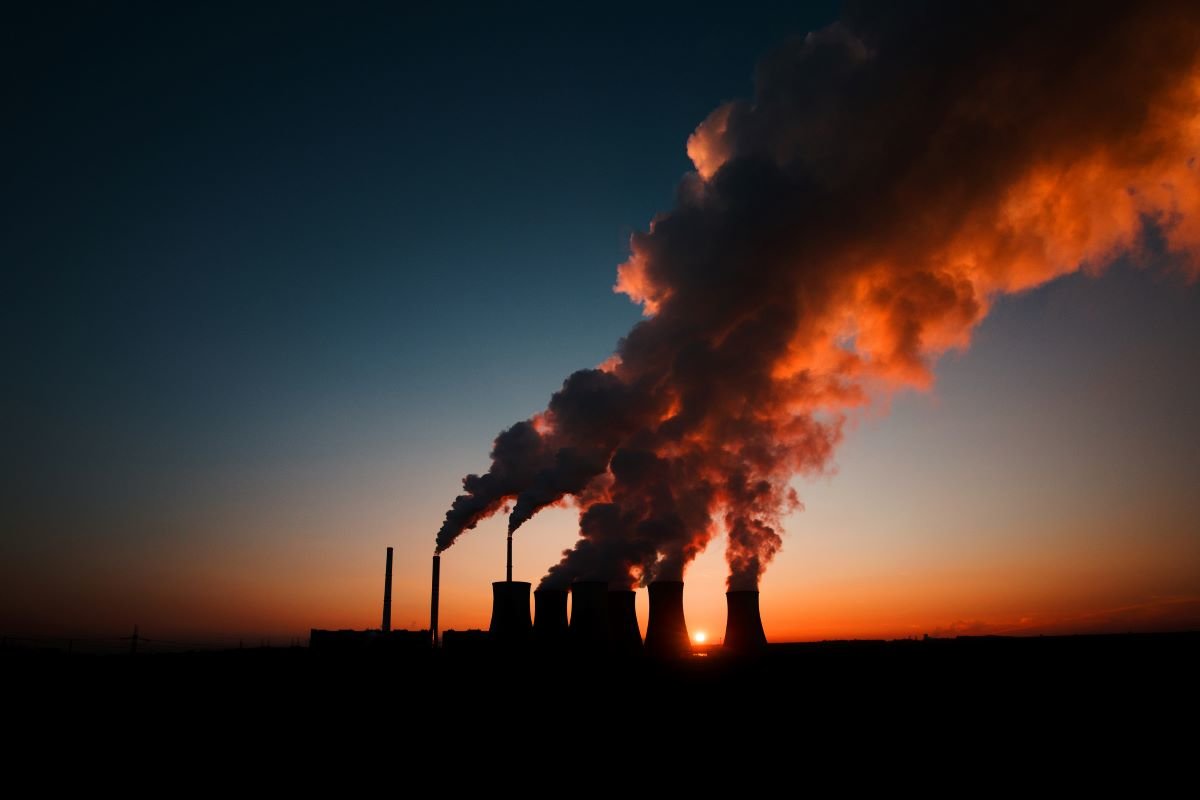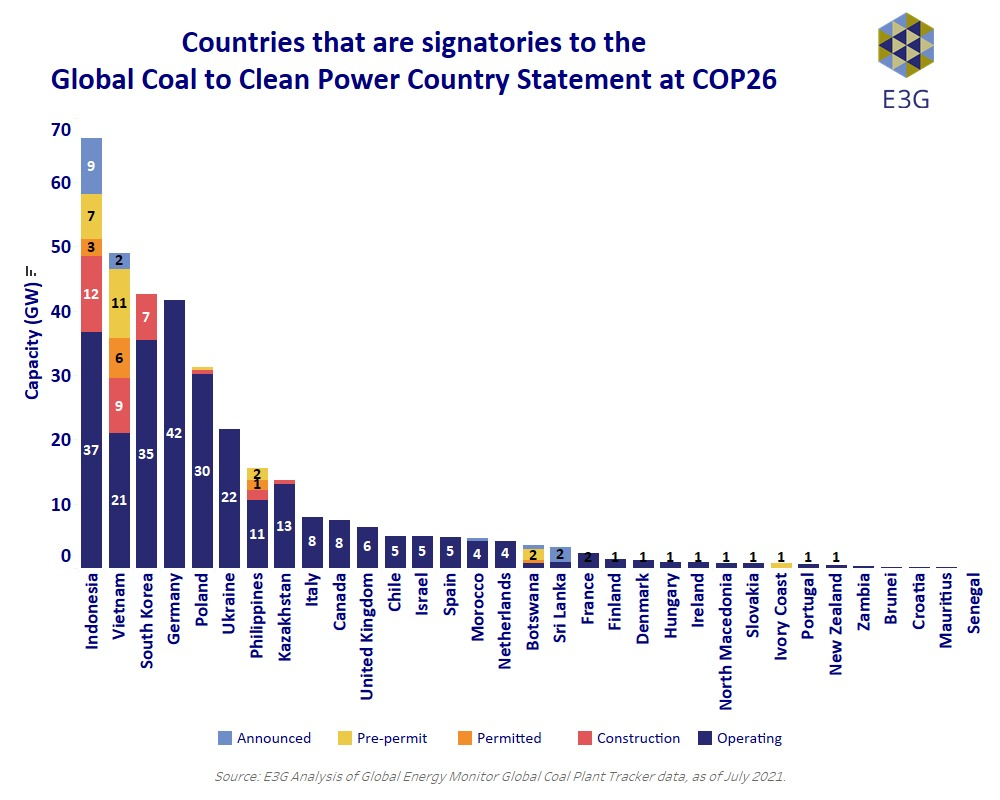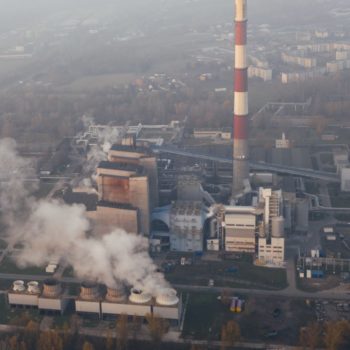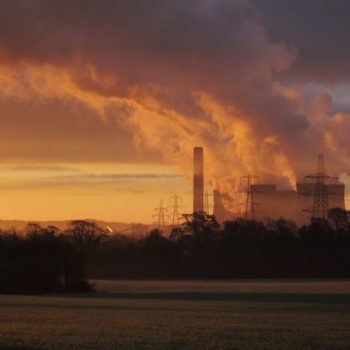- A rather messy combination of Energy Day announcements at COP26 caused confusion, but reflect the realities of real time diplomacy.
- Major coal countries (Incl South Korea, Indonesia, Viet Nam) respond to global trends and political engagement with new commitments to phase out coal power generation and / or consign coal construction to history.
- A ‘Global Coal to Clean Power Transition Statement’ signed by 46 countries covers more operating coal capacity (267GW) than the US (232.8GW) or India (233.1GW).
- 28 new members (7 countries) of the Powering Past Coal Alliance mean almost two-thirds of OECD & EU governments are now PPCA members.
- A Statement on International Public Support for the Clean Energy Transition was signed by over 20 countries, including big historic fossil fuel funders US, Italy, and Canada, expanding the exclusion of coal finance overseas to oil and gas.
- The multiplicity of different overlapping statements and announcements shouldn’t distract attention from significant new commitments which represent major progress towards consigning coal to history.
Story
Growing momentum away from coal throughout 2021 has carried on into COP26, with promising signs from Leaders’ Speeches in the first days setting the scene for a raft of significant country commitments from major coal users during Energy Day.
The UK’s decision to elevate Coal to the top of its list of Coal, Cars, Cash, and Trees has been vindicated. For the first time ever, the necessity of coal’s exit has been centre stage at COP.
Today’s announcements add political commitments to positive global trends. The number of proposed coal power plants has collapsed by 76% since the Paris Agreement was signed, avoiding the construction of another China’s worth of coal capacity. Through the diplomatic prompting of the UK, Italy, and EU, all three of the G7, G20 and OECD have agreed to end public finance for new unabated coal power plants, also securing commitments from South Korea, Japan, and (most importantly) China. Public finance for new coal is now at an end. The end of new coal plant construction is in sight.
The Glasgow COP has also provided a space to begin a new chapter of action to further accelerate the retirement of existing coal plants, expanding beyond the OECD into major coal using countries.
Energy Day started with President Ramaphosa of South Africa delivering a video message of support for the $8.5bn Just Energy Transition Partnership announced on Tuesday. This was followed by the Climate Investment Funds announcing that South Africa, Indonesia, India and the Philippines were pilot countries in its new Accelerating Coal Transition programme. New mechanisms and new money now exist to support developing countries to transition out of coal as well as into clean.
The UK sought to pull together existing initiatives working on coal as well as featuring its Presidential diplomatic efforts. Its press release for the overarching ‘Global Coal to Clean Power Transition Statement’ was an attempt at amplifying a range of announcements across the coal space, including today’s Fourth Anniversary Powering Past Coal Alliance event. The Statement itself provided an inviting gateway for countries to step forward with initial commitments. However widespread confusion as to how the components fit together suggest that its media messaging didn’t quite hit the sweet spot intended.
Lost amidst the confusion is the fact that the aggregate coal capacity among participating countries totals 267GW, more than the coal capacity of the US (232.8GW) or India (233.1GW) and second only to China.
Of the individual participating countries, South Korea is the world’s number 5 coal user, Indonesia is #7 and Viet Nam #9. All three stepping up sends a strong signal to other majors to move, most notably China.
Part of the messiness of today’s announcements may be explained by the rapidity of moving pieces on the ground in Glasgow. It has been an exercise in real time diplomacy to drive real economy change.
Viet Nam’s presence as a signatory to the statement follows Prime Minister Chinh’s commitment to net zero 2050 on Tuesday. President Moon of South Korea announced a 2050 coal phase out in his speech this week to loud criticism from civil society.
Overnight into Thursday morning South Korea appeared as a signatory to the statement, setting them up for a coal phase out in the 2030s. Indonesia’s statements this week regarding potential acceleration of coal phase out by 2040 (with sufficient support, of course) reflect the new space opened up by South Africa’s partnership, the launch of the Climate Investment Funds’ Accelerating Coal Transition initiative, and the centrality of the coal conversation at COP.
*This graphic includes all signatories, including some countries which only signed up to parts of the statement.
Back in Europe, Poland signed the statement seemingly as a first expression of accepting the necessity of coal exit, then promptly tried to claim ‘less developed’ status and stick with a 2049 date. The world’s 23rd richest economy will quickly find that to be an unsustainable position.
Meanwhile, Ukraine joined the Powering Past Coal Alliance, a big step from the country with the third-largest coal fleet in Europe behind Germany and Poland. Chile used the afternoon’s PPCA event to announce that it is working to accelerate its coal phase out date from 2040 to 2030. Croatia and Slovenia joined the Alliance with dates of 2033 and ‘the early 2030s at the latest’ respectively. Further countries, sub-nationals and 11 financial institutions joined the PPCA. This brings the total to 33 finance members with over $17 trillion in assets. Almost two-thirds of OECD & EU governments are now PPCA members.
Quote
Pauline Heinrichs, Policy Advisor said:
“Energy Day at COP has demonstrated that the politics of the fossil fuel transition have caught up with the real-world trends, making it clear that there is no future for coal going forward.”
“The announcements may have taken some un-picking, but they really do represent a tipping point in efforts to consign coal to history. Seeing major coal-burning economies such as Viet Nam, Indonesia, South Korea and Ukraine commit to a coal exit genuinely is the progress we need to see.”
“Consigning coal to history is a process, not solvable in an instant. The progress this week has seen major coal-burning countries commit to a coal exit, along with the creation of the tools, partnerships and money needed to help them do this.”
Leo Roberts, Research Manager, Fossil Fuel Transitions at E3G, says
“These announcements and declarations indicate that the political momentum now reflects the economic realities. The days of new coal are over, and the era of accelerated retirements is here, along with the mechanisms and funds to deliver it on a Paris-aligned timeline. The South Africa deal could be the perfect blueprint to support a just transition away from coal across the non-OECD.”
“People will ask about the omission of countries like the US from today’s announcement. The reality is that in the US and everywhere, coal is an expensive and outdated energy source that still fails to provide energy security. If the US wasn’t ensnared in Capitol Hill shenanigans we can be confident that the US would also have signed up.”
Available for comment
Chris Littlecott, Associate Director, Fossil Fuel Transition , (Coal)
m: +44 (0)7920 461 812, chris.littlecott@e3g.org
Camilla Fenning, Programme Leader (Energy Transition, Southeast Asia and India)
m: +44 (0) 7961 047835
Pauline Heinrichs, Policy Advisor (COP26 Energy Transition Council, Rapid Response Facility)
m: +44 (0) 7761 758065
Leo Roberts, Research Manager (Coal exit and energy transition trends)
m: +44 (0) 7908 664 334
For further enquiries email press@e3g.org or phone +44 (0)7783 787 863
Notes to Editors
- E3G is an independent climate change think tank accelerating the transition to a climate safe world. E3G specialises in climate diplomacy, climate risk, energy policy and climate finance. -> About
- To receive updates and analysis from COP26 via E3G’s daily media WhatsApp broadcast, register here.
- The Global Coal to Clean Power Transition Statement – 46 countries and 32 non-state actors and organisations have signed up to the Global Coal to Clean Power Transition Statement, 23 of whom are making a commitment to phase out existing coal power, end the pursuit of new coal, or both, for the first time. This includes a number of major coal-burning economies signing the declaration, specifically Viet Nam, Indonesia, South Korea, Poland, and Ukraine. The announcement covers over 267GW of operating coal capacity (see image) which cumulatively is more than the US (232.8GW) or India (233.1GW).
- Powering Past Coal Alliance – Ukraine, Chile, Singapore, Mauritius, Azerbaijan, Slovenia and Estonia head the list of 28 new PPCA members. Nearly two-thirds of OECD & EU governments are now PPCA members and on the way to phasing out coal by 2030. 11 financial institutions join the Alliance today, bringing the total to 33 finance members with over $17 trillion in assets.
- Ending the financing of coal, oil and gas – A Statement on International Public Support for the Clean Energy Transition sees the commitment to ending overseas investment in fossil fuel financing (coal, oil and gas) and redirecting it to clean energy with over 20 signatories including the US, Italy, and Canada.
- Financing the end of coal – Energy Day saw South Africa re-state the agreement which will see $8.5bn in finance to support the transformation away from coal of one of the world’s biggest economies. This, together with major mechanisms aimed at supporting accelerated coal retirements from the Climate Investment Funds and Asian Development Bank, demonstrate that the political will, the tools and some of the finance are in place to consign coal to history.
- A new International Just Transition Declaration, signed by 14 countries, is aimed at ensuring that energy transitions are sustainable, green, inclusive, and fair.



